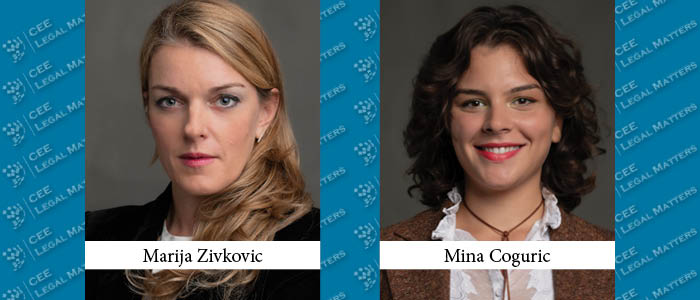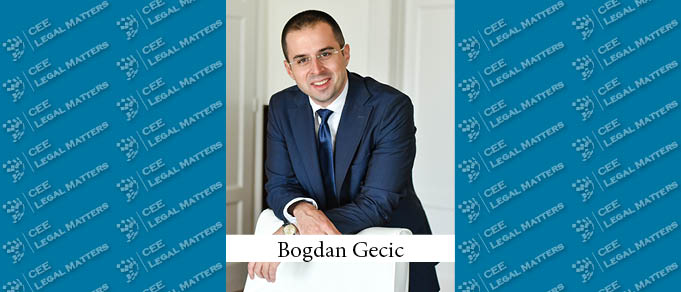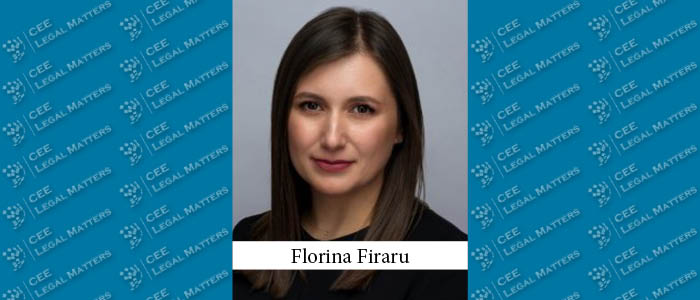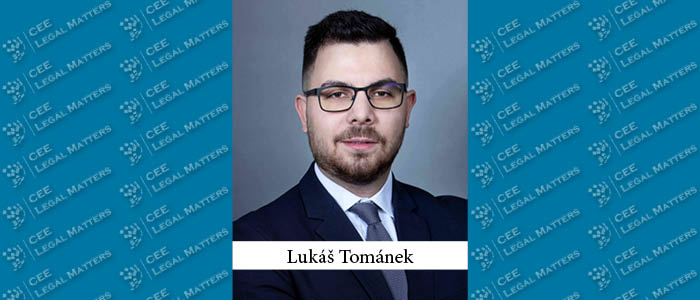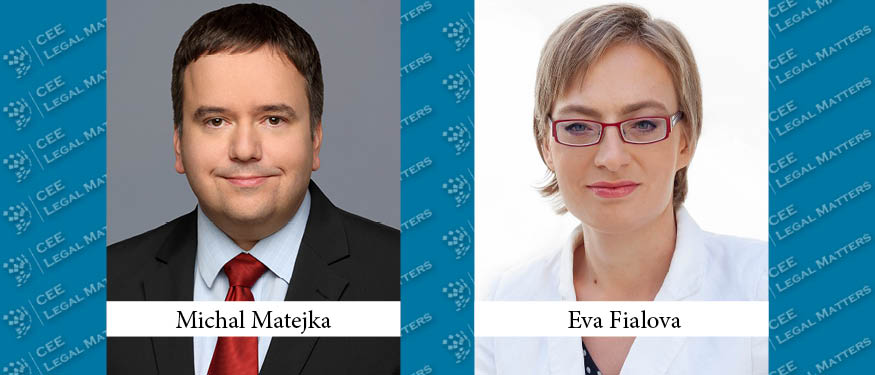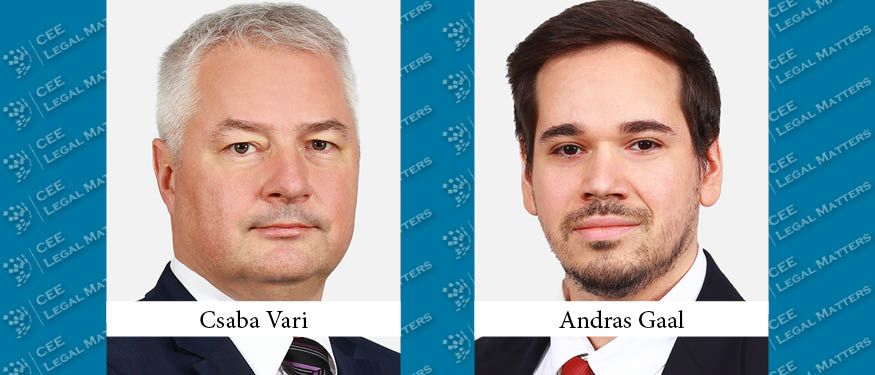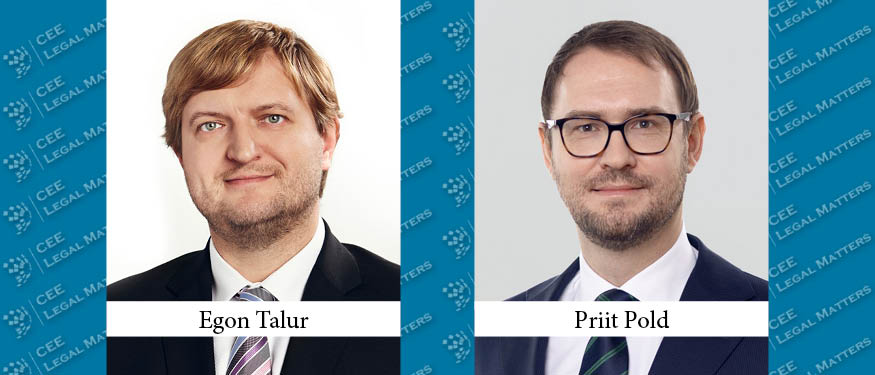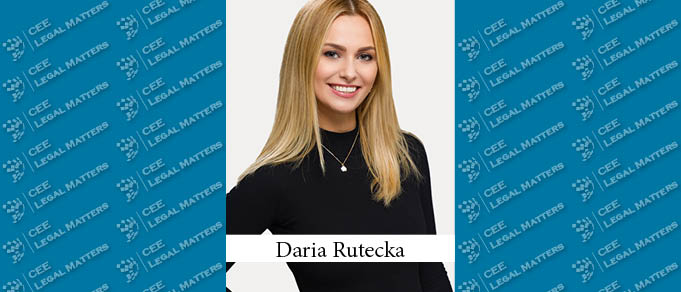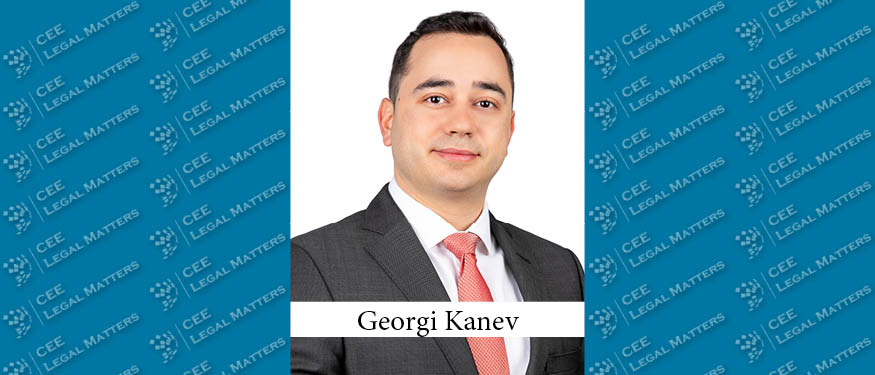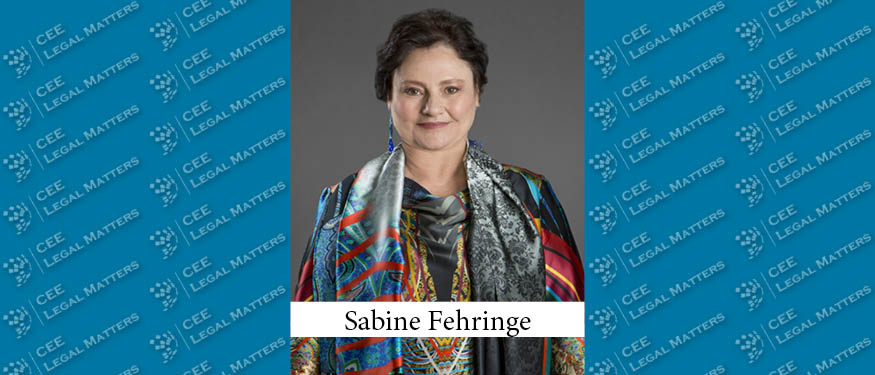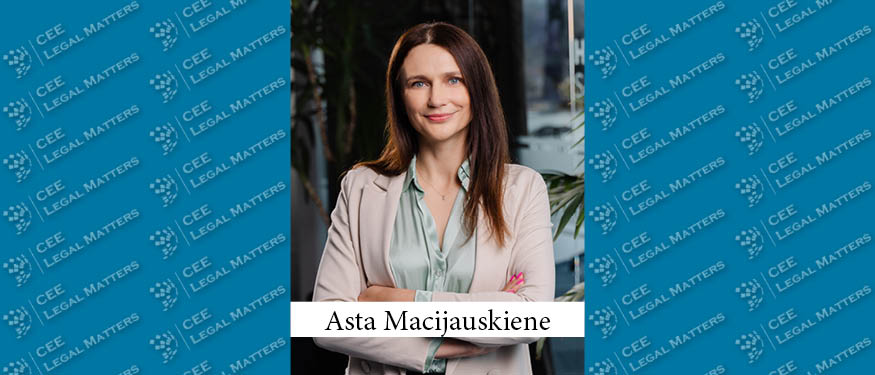On 26 February 2025, the European Commission (EC) unveiled the Clean Industrial Deal (CID), a comprehensive strategy aimed at enhancing the competitiveness and resilience of European industry while accelerating decarbonisation. In response to high energy costs and increasing global competition, the CID positions decarbonisation as a key driver of growth, ensuring that Europe remains a hub for industrial innovation and production. By reducing bureaucratic hurdles, promoting clean technology and securing financing for the green transition, the initiative strengthens critical sectors such as energy-intensive industries and clean tech.
(Un)Equal Pay
The right to equal pay for the same work or work of equal value is one of the fundamental rights of employees, protected by both domestic legislation and international standards. In Montenegro, this right is regulated by the Labor Law, while judicial practice contributes to its interpretation and application. Furthermore, the case law of the Court of Justice of the European Union plays a significant role in shaping the legal framework, providing guidelines for the protection against discrimination in terms of wage equality.
Serbia Renewable Energy Auctions Surpass Expectations
At the end of 2024, the Ministry of Mining and Energy announced the second auction for wind and solar power plants. The deadline for applying for participation in the auctions is 05.02.2025. year. After consideration of all applications and bids, the entire capacity offered at the auctions for wind farms (300 MW) and for solar power plants (124.8 MW) was successfully allocated.
Hungary to Open Doors for New Power Plant Projects as New Capacity Allocation System Takes Shape
Let's start with the fundamentals: Hungary will need significant additional power plant and battery capacities, and it will need them soon. This necessity persists despite the gross amount of solar power capacity reaching 7.5 GW by the end of 2024, a target initially set for the 2030s. The drive for electrification, the goal to reduce energy imports, the high average age of the existing generator portfolio and the previous focus on solar energy necessitate at least 10 GW of new generation capacities, with a preference for baseload generation and/or storage solutions. The state-owned incumbent MVM is already developing 3x500 MW new combined cycle gas turbine (CCGT) installations and 2x1000 MW new nuclear blocks, but significant private investment is still required.
Romania Looks to Boost PPAs Following RED III Transposition
The target for renewable energy consumption in Europe is to reach at least 42.5 percent by 2030 for all sectors, under Directive (EU) 2023/2413 of the European Parliament and of the Council. Known as RED III, it encourages the conclusion of power purchase agreements (PPAs) by requiring member states to adopt various measures.
Major EU Sustainability Reforms: The Omnibus Package Explained
The European Commission has introduced a new legislative package aimed at simplifying sustainability and investment regulations. In the latest Competitiveness Compass we recently covered, the Commission outlined its strategy to enhance the EU’s economic prosperity and competitiveness. Known as Omnibus I and Omnibus II, these reforms are designed to cut administrative burdens, enhance business competitiveness, and maintain the EU’s commitment to sustainability goals. The key areas affected include the Corporate Sustainability Reporting Directive (CSRD), the Corporate Sustainability Due Diligence Directive (CSDDD), the Carbon Border Adjustment Mechanism (CBAM), and the InvestEU Regulation. By streamlining compliance, the EU hopes to make regulatory obligations more manageable while still upholding environmental and social governance (ESG) objectives.
How IPRs Drive Business Success for SMEs
Intellectual property rights (IPRs) such as trademarks, patents, and designs, help small and medium-sized enterprises (SMEs) to expand their business and stand out from competitors, protecting their creations and developments, and making it easier to grow through innovation and creativity.
Licencing of Crypto-Asset Providers in Czechia
The Czech Republic has recently implemented new regulations for crypto-asset service providers, marking a significant step in aligning its legal framework with European Union standards. The Act on Digitalisation of the Financial Market (ZDFT), effective as of 15 February 2025, introduces comprehensive rules for the rapidly evolving digital finance sector. This article delves into the main features of the new law, its practical implications, and the specifics of the Czech regulation in the area of digital finance and crypto-assets.
New Tariff Methodology for Natural Gas Transmission Adopted
Serbian Energy Regulatory Agency (AERS) has adopted the Tariff methodology for access to the natural gas transmission systems, which is now harmonized with the Commission Regulation (EU) 2017/460 of 16 March 2017 establishing a network code on harmonised transmission tariff structures for gas (NC TAR).
Hungary’s Consumer Protection Priorities for 2025
2024 brought with it several important changes to Hungarian consumer protection regulations, most notably the changes to mandatory warranty rights. The Hungarian Consumer Protection Authority (“HCPA“) is also devoting significant effort into enforcing these rights in 2025.
Czech Republic: The Cyber Resilience Act
The European Union is following its roadmap to strengthen the cybersecurity framework. After the Cybersecurity Act (Regulation (EU) 2019/881), which created a certification framework and established the European Union Agency for Cybersecurity (ENISA), and NIS 2 (Directive (EU) 2022/2555), which aims at enhancing the cybersecurity of essential and important services, the European Union introduced the protection of connected software and devices, in other words, the cybersecurity of the IoT. In October 2024, the European Council officially adopted the Cyber Resilience Act (CRA) which is about to be published in the EU Official Journal. The Czech Republic is now intensively preparing for the adoption of the Cybersecurity Act, which transposes the NIS 2 Directive, but awareness of CRA is low, even though critical software is being developed in the Czech Republic.
Slovakia: Delays in NIS2 Implementation
Slovakia is currently still in the process of approving the draft legislation for the implementation of Directive (EU) 2022/2555 of the European Parliament and of the Council of 14 December 2022 on measures for a high common level of cybersecurity across the Union, amending Regulation (EU) No 910/2014 and Directive (EU) 2018/1972, and repealing Directive (EU) 2016/1148 (NIS2 Directive). However, Slovakia has missed the implementation deadline of October 17, 2024, with the draft pending approval in Parliament, expected by late November 2024.
Hungary: Cybersecurity Laws – The Saga Continues
Hungary was one of the quickest in the EU to begin implementing Directive (EU) 2022/2555 (NIS2) and one of those few EU member states that met the deadline for implementation. Nevertheless, the Hungarian NIS2 implementation is still incomplete, and the current implementing laws have caused some practical and interpretational issues for various companies.
Estonia: 5 Practical Steps to Prepare for the Artificial Intelligence Act
On August 1, 2024, the Artificial Intelligence Act (Regulation (EU) 2024/1689, AI Act) came into effect, establishing several regulations concerning artificial intelligence systems within the European Union. Although the regulation is already in force, its requirements will gradually come into effect: the first deadlines are set for February and August 2025, while most of the requirements will apply starting August 2, 2026.
Poland: Text and Data Mining – An IP Perspective
Text and data mining (TDM) has emerged as a powerful technique for extracting valuable insights from large datasets, particularly in fields such as research, healthcare, and marketing. However, as the capabilities of TDM continue to expand, it is essential to consider the legal frameworks that govern its application. In Poland, this involves a complex interplay of national legislation and European Union directives, particularly regarding intellectual property rights, data protection, and exceptions for research.
Bulgaria: Key New Court Decisions in Bulgaria’s TMT Sector
Recent court decisions in the technology, media, and telecommunications sector are expected to influence the way in which businesses manage, protect, and enforce their intellectual property rights and trade secrets in Bulgaria.
Austria: Data Strategy – Data Act and Data Governance Act in Focus
Austria’s data strategy is derived from the European data strategy. It aims to improve the framework conditions for the data economy and to promote the secure exchange and broad use of data.
Lithuania: Implementation of the NIS2 Directive
Lithuania has updated its national legislation, with the revised Cybersecurity Law aligning with Directive (EU) 2022/2555 of the European Parliament and of the Council of 14 December 2022 on measures for a high common level of cybersecurity across the Union, amending Regulation (EU) No 910/2014 and Directive (EU) 2018/1972, and repealing Directive (EU) 2016/1148 (NIS2 Directive). The new Cybersecurity Law took effect on October 18, 2024. The implementing legislation was adopted on November 6, 2024.


